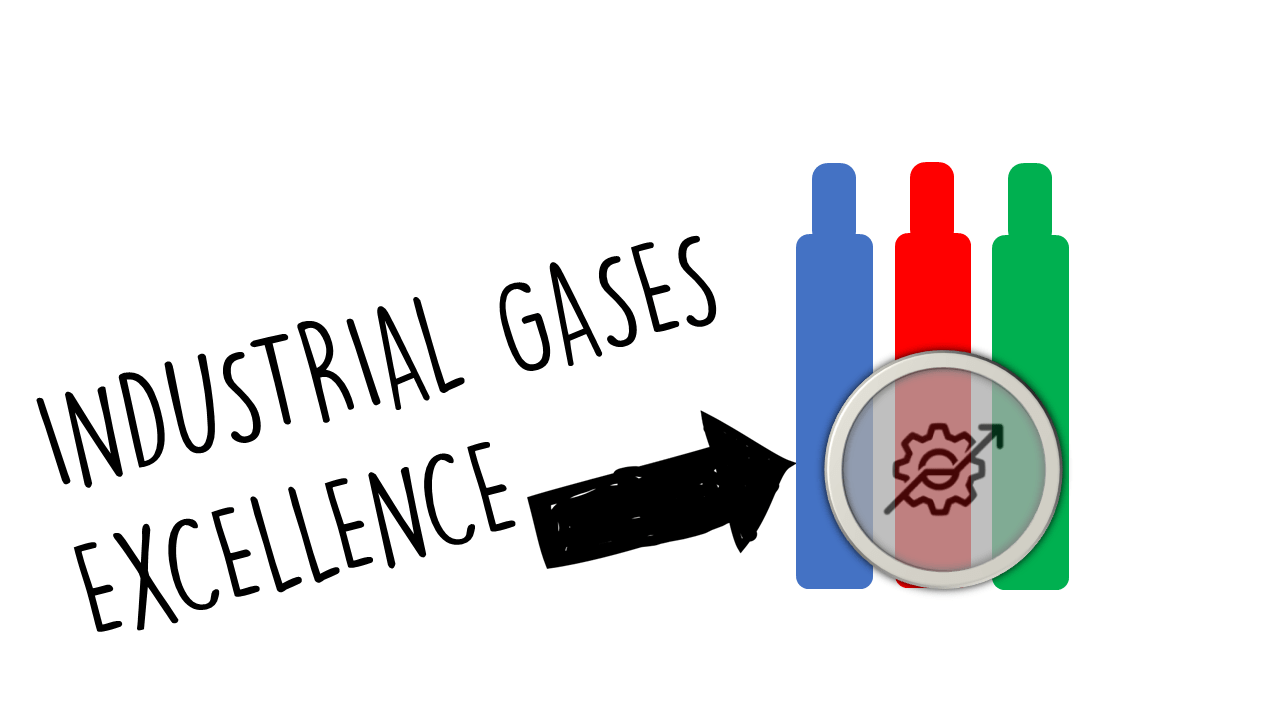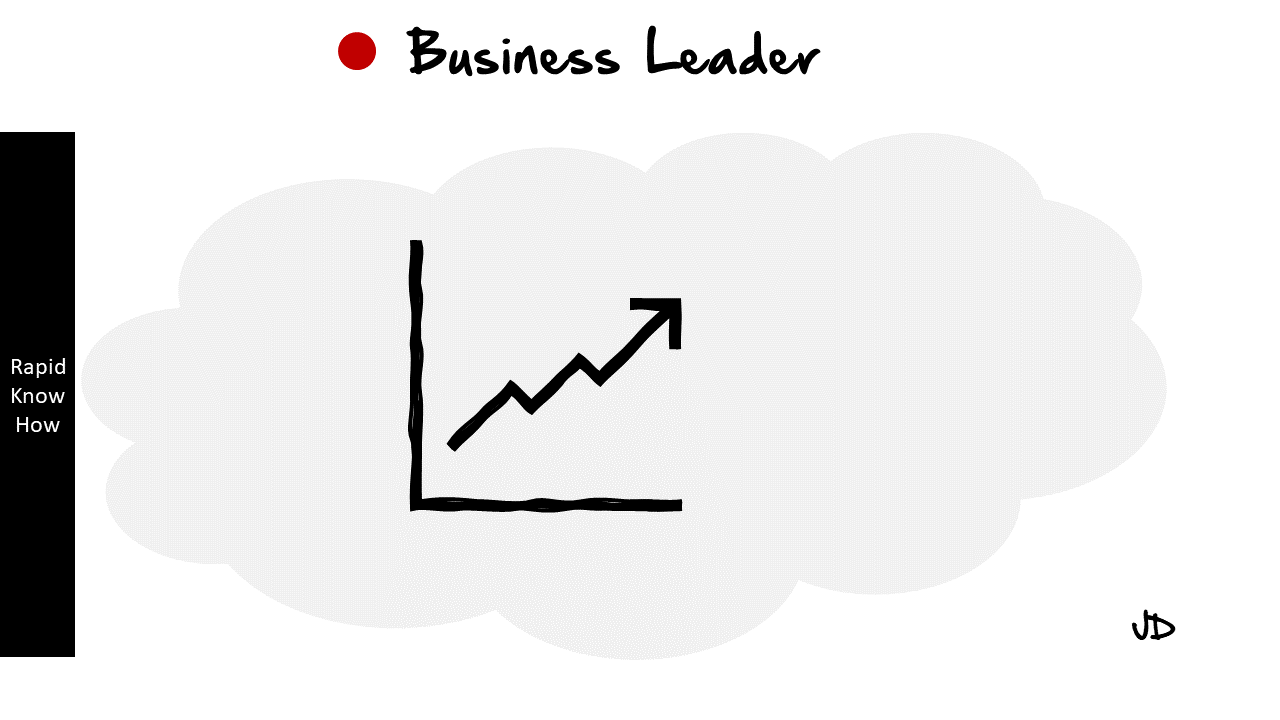A Total Solution Provider (TSP) in the context of industrial gases refers to a comprehensive service model that goes beyond simply supplying gases.
It delivers a complete package that includes gas supply, equipment, technical support, safety solutions, and tailored services designed to address specific needs of customers across various industries.
The emphasis is on providing integrated solutions that enhance operational efficiency and safety while reducing costs.
Framing
In framing the TSP model for industrial gases, consider the following dimensions:
- Holistic Approach: The TSP model integrates all aspects of the gas supply chain, including production, distribution, application, and safety, thus providing a one-stop shop for customer needs.
- Customization: TSPs adapt their offerings to the specific requirements of individual customers, ensuring that solutions meet the unique demands of various industries such as manufacturing, healthcare, food processing, and energy.
- Operational Excellence: By focusing on process optimization, TSPs help customers reduce costs, improve efficiency, and enhance quality in their operations.
- Safety and Compliance: TSPs prioritize safety and regulatory compliance, providing customers with expertise and solutions that mitigate risks associated with gas use.
Re-Framing
To effectively re-frame the TSP model, it’s essential to consider contemporary trends and future opportunities:
- Emphasis on Digital Transformation: Leverage digital technologies to enhance service delivery, such as remote monitoring, real-time data analytics, and predictive maintenance to meet evolving customer expectations.
- Sustainability Focus: Highlight sustainable practices and products, such as low-carbon gases and eco-friendly technologies, as part of the TSP offering to align with global sustainability goals.
- Innovative Partnerships: Build alliances with technology providers, research institutions, and industry experts to expand the range of solutions offered and remain competitive in a rapidly evolving market.
- Value-Added Services: Beyond gas supply, develop and market value-added services such as training, consultation, and process optimization services to enhance the customer experience.
Actions
To implement the TSP model effectively in the industrial gases sector, companies should focus on the following actions:
- Assess Customer Needs: Conduct in-depth assessments of customer operations to understand their challenges, needs, and expectations for gas and related services.
- Develop Comprehensive Offerings: Create an integrated portfolio that combines gas supply with ancillary services, such as equipment installation, maintenance, training, and safety consulting.
- Invest in Technology: Implement advanced technologies such as IoT, data analytics, and automation to enhance service delivery and optimize supplier-customer interactions.
- Train Staff: Equip sales and technical teams with the knowledge and skills necessary to understand and convey the value of TSP offerings, ensuring they can effectively meet diverse customer inquiries.
- Monitor and Measure Performance: Establish KPIs to evaluate the success of the TSP model and continuously refine offerings based on performance data and customer feedback.
Case Studies
Case Study 1: TSP Implementation in Metal Fabrication
- Challenge: A metal fabrication company faced inefficiencies in its gas supply chain and difficulties in maintaining optimal cutting processes.
- Implementation: An industrial gas supplier took on the role of TSP, integrating gas supply with welding equipment, training for operators, and real-time process monitoring systems.
- Outcome: The manufacturer reported a20% increase in production efficiency and a 30% reduction in gas consumption due to optimized usage and equipment recommendations.
Case Study 2: TSP for Medical Gases in Healthcare
- Challenge: A regional hospital struggled with the management of medical gases and regulatory compliance.
- Implementation: A gas supplier offered a TSP approach that included not only the supply of medical gases but also compliance consulting, equipment maintenance, and training for healthcare staff.
- Outcome: The hospital improved its gas management processes, reduced stockouts, and maintained compliance with healthcare regulations, enhancing patient safety and service quality.
Case Study 3: TSP in the Beverage Industry
- Challenge: A beverage manufacturer needed a reliable CO2 supply while optimizing carbonation processes.
- Implementation: The gas supplier became a TSP by providing CO2 supply, carbonation equipment, process optimization consultancy, and training for operators.
- Outcome: The beverage manufacturer realized a cost savings of15% and improved product consistency, leading to higher customer satisfaction and brand loyalty.
Conclusion
The Total Solution Provider (TSP) model represents a transformative approach for companies in the industrial gases sector, positioning them as comprehensive partners rather than mere suppliers.
By integrating gas supply with a range of tailored services—such as technical support, safety solutions, and process optimization—TSPs can deliver significant value to customers across diverse industries.
Emphasizing digital transformation and sustainability further enhances the TSP’s relevance in the modern market. Ultimately, successfully implementing the TSP model can lead to strengthened customer relationships, improved operational efficiency, and sustainable growth in the industrial gases sector.





